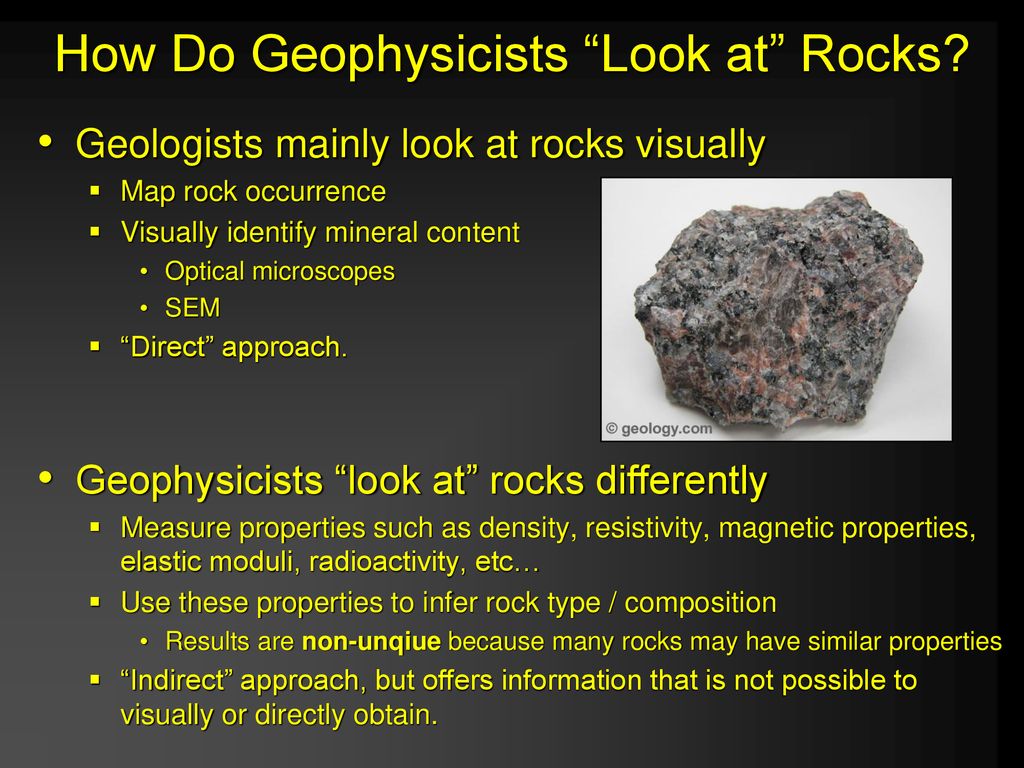All Categories
Featured
Table of Contents
Integrated Geophysical Surveys For The Safety in Kardinya Oz 2020
This work is increasingly contracted out, so consultancies provide another source of work. Consultancy firms vary in size, from very little business to big multinationals. Some consultancies are quite specialised in utilizing particular geophysical strategies or operating in particular areas, while others offer a more diverse variety of services to their customers.
The extraction of gas from garbage dump websites is another area of work and this may grow in the future. Exploration business might undertake work for building and construction firms, public utility, mining business and environmental companies, so geophysicists might be employed in any of these settings. Other employers consist of: geological surveysgovernment bodies and agenciesuniversities and research study institutes.


Vacancies may be listed in the oil and gas sector press. Recruitment is impacted by oil rate changes and the level of competitors for positions differs depending upon this. Careers Days, which cover the complete variety of geoscience professions and are generally attended by a variety of key industry companies, are run by The Geological Society.
Geophysical Surveys - Mining, Exploration And Geoscience in Western Australia 2023
Some of the big oil and gas business provide a complete two-year structured training programme throughout the breadth of geophysics, consisting of the opportunity to experience work in various teams prior to specialising in one location. Your training may include work on: existing wellsmagnetic and gravitational prospective field data analysisresearchrock analysis. It's more typical for your preliminary training to be provided on the job.

There might be a probationary duration throughout which you work along with a knowledgeable associate. Competency-based appraisals occur frequently in many companies. In smaller companies, and for academic posts, there is not likely to be any formal training - you'll be expected to begin work straightaway and get skills as you go along.
If you work for a smaller sized company, you might discover that you need to take responsibility for organizing and funding your own development and training. If you have a geology degree, subscription of The Geological Society can be helpful for networking and for keeping up to date with the market.
Frequently Asked Questions in Kallaroo Oz 2021
You might likewise discover it useful to join the PESGB (The Petroleum Expedition Society of Great Britain, which has a geophysics special interest group. After a probationary duration, and as soon as you have actually gained some experience, you might advance to senior geophysicist, then group leader and after that into a senior function in management.
The ease of movement between functions depends upon the company structure. Study at Masters or Ph, D level in a subject related to geophysics or geosciences might aid with your career development and progression. The work market within the oil and gas market is really reliant on rate and this might impact your chances for profession development.
For knowledgeable geophysicists, freelance consultancy provides a good route for career development. As a geophysicist, you're most likely to have numerous jobs throughout your working life.
How To Become A Geophysicist in Murdoch Aus 2023
From geophysics, it's possible to concentrate on seismology (finishing additional training to end up being a seismic interpreter) or to move into associated locations such as engineering geology or threat prediction.
Deciding what to study in college is a tough choice. Even if you know that your field of interest depends on science, what program of study is right for you? If you make the choice to major in physical and life sciences and pursue a career as a geophysicist, you're preparing for an exciting and profitable occupation.
However the initial step to attaining your goal of becoming a geophysicist is making a degree. Even for entry-level positions in the field of geoscience, you'll require a bachelor's degree (a geophysicist college degree) from a certified college or university. Some research positions require prospects to hold master's degrees and even Ph.
Geophysical Survey Services in Hocking Oz 2022
Postgraduate degree are particularly crucial if you plan to teach at a four-year organization. Geophysicists apply physics principles and strategies to study the gravitational, magnetic, and electrical fields of the earth. This enhances scientists' understanding of both the world's interior core and its surface. Geophysicists must have the ability to: examine rocks, pictures, and other pieces of data carry out research study both in the field and in laboratories develop maps and charts of their findings write reports To accomplish all this, trainees require a specialized education for geophysicist professions.
As stated above, you'll need a bachelor's degree in geoscience or an associated discipline, such as a physical science or a natural science, to land an entry-level job. However trainees can also prepare by learning subjects like: Biology Chemistry Computer technology Engineering Mathematics Physics The above geophysicist majors use a more generalized approach to a single clinical discipline, however the majority of programs need students to take one or more geology course.
Table of Contents
Latest Posts
Geophysics, Engineering Geophysics And Applied ... in Carmel Western Australia 2023
Airborne Geophysical Surveys Of The Lower Mississippi ... in Balcatta Oz 2022
Working As A Geophysicist And Oceanographer In Canada in Cannington Australia 2023
More
Latest Posts
Geophysics, Engineering Geophysics And Applied ... in Carmel Western Australia 2023
Airborne Geophysical Surveys Of The Lower Mississippi ... in Balcatta Oz 2022
Working As A Geophysicist And Oceanographer In Canada in Cannington Australia 2023